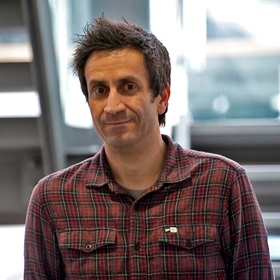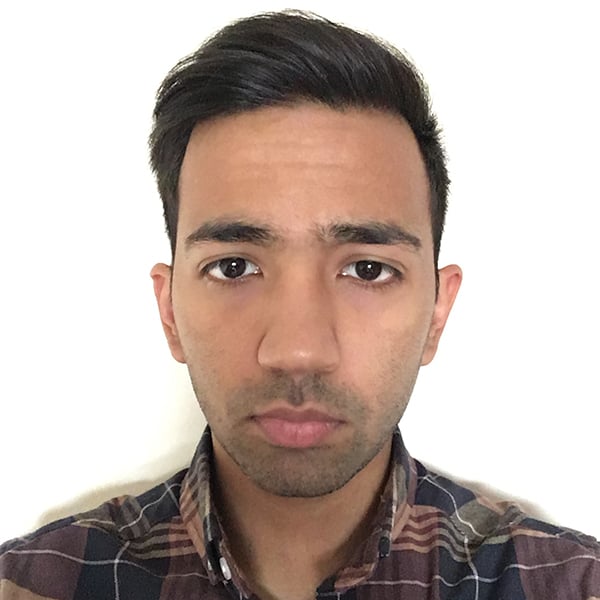Scientists at The Institute of Cancer Research, London, are partnering with Revolver Therapeutics to accelerate the development of pioneering drugs for treating incurable childhood brain tumours.
Through this new strategic research collaboration, an ICR team led by Professor Chris Jones will test Revolver’s potential new cancer drugs using our cutting-edge laboratory models of childhood gliomas – tumours that develop from glial or neuronal precursor cells in the central nervous system.
The partnership is supported by funding from the Innovate UK Cancer Therapeutics programme.
Professor Jones is at the forefront of research into understanding the biology of childhood brain tumours, and translating these insights into effective new treatments. His group focuses on paediatric high-grade (HGG) and diffuse midline gliomas (DMGs) – rare, highly aggressive tumours with poor outcomes.
Revolver, a spin-out biotech company from the University of Bath, is pioneering the development of peptide drugs using its proprietary platform technology. These first-in-class inhibitors target transcription factors, which are proteins that act as ‘master switches’ of gene activity and play a key role in cancer development.
The company was supported by the UK Innovation and Science Seed Fund (UKI2S) to kickstart its seed round of fundraising.
‘Undruggable’ targets
Many transcription factors have long been considered ‘undruggable’ using conventional approaches, such as small molecule cancer drugs or antibodies. However, tiny proteins – or peptides – offer a promising alternative, potentially unlocking a new route to effective cancer treatments.
Revolver’s novel peptide inhibitors can penetrate cells and block the activity of transcription factors, potentially overcoming the traditional hurdles faced by small molecules and antibodies.
Over the next two years, Professor Jones’s group will evaluate the effectiveness of Revolver’s inhibitors in their laboratory models of childhood gliomas. These peptides specifically target key transcription factors involved in driving the growth of these tumours.
Professor Chris Jones, Professor of Childhood Brain Tumour Biology at the ICR, said:
“Childhood gliomas have their origins in brain development, and many of the novel therapeutic targets we’ve discovered are transcription factors that should switch off before birth but remain active in these tumours. Until now, these targets have proven extremely challenging to drug with conventional methods.
It’s really exciting to have this opportunity to explore Revolver’s peptide inhibitors as a potential new way of targeting these crucial cancer-driving proteins.”
Dr Mark Treherne, Director of Revolver Therapeutics, said:
“This collaboration with world-class scientists at the ICR strengthens Revolver’s potential to make a meaningful impact on cancer treatment.
We hope this partnership will help bring these innovative cancer drugs a step closer to helping children with aggressive brain tumours who desperately need more effective treatment options.”

 .
.
 .
.